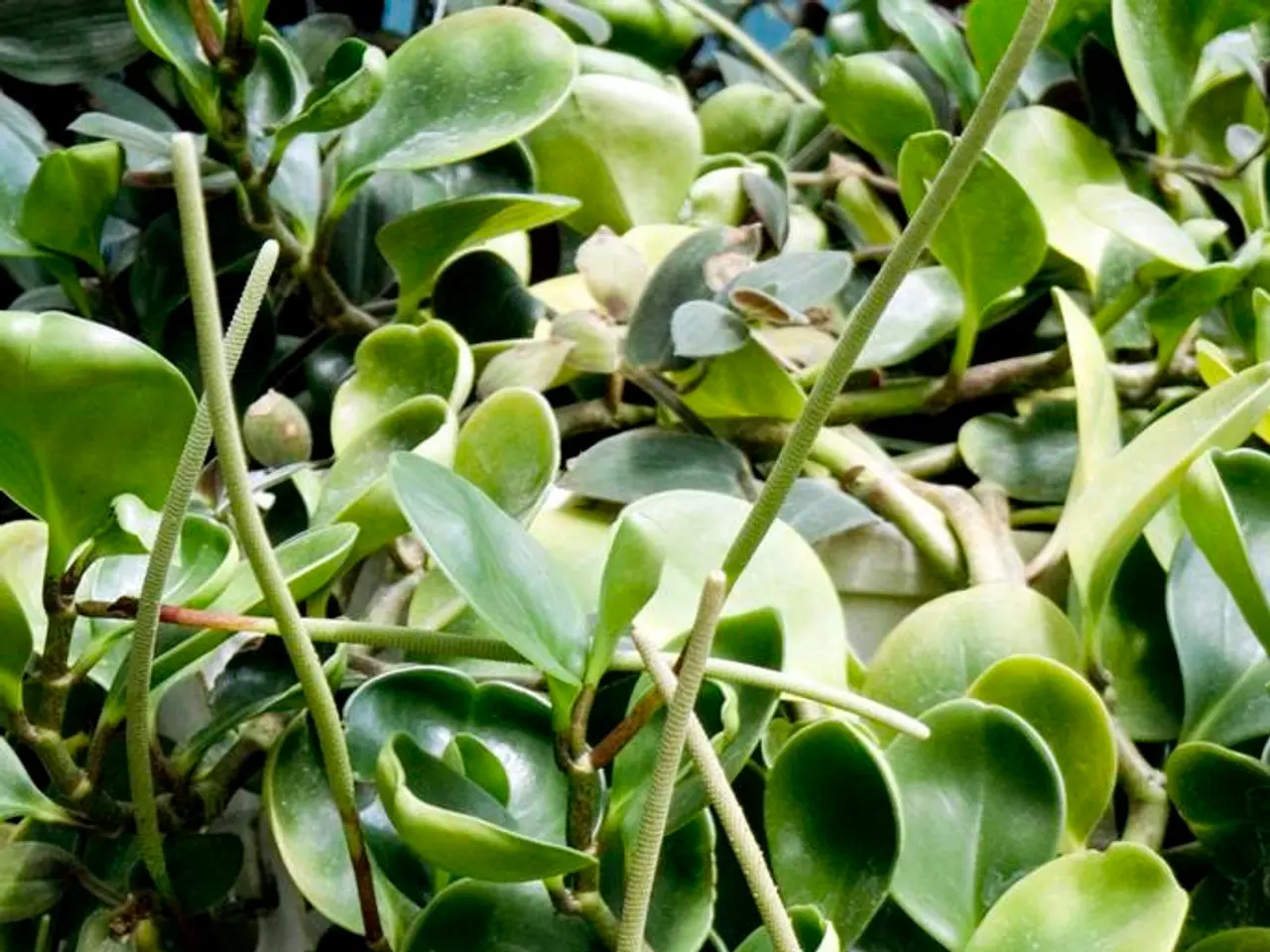Strategies for Saving Water in Your Outdoor Spaces: Garden and Yard Edition
Gardening can be a rewarding hobby, but it's important to consider the environmental impact of our gardening practices. One effective way to conserve water is by choosing native plants for your garden. These plants, adapted to local climates, soils, and weather patterns, are more water-efficient than exotic plants.
Native Plants for Water Conservation
Native plants have deep root systems that tap into underground moisture, promoting infrequent, deep watering. This reduces water loss through evaporation and runoff. In contrast, many exotic plants require frequent, shallow watering due to shallower roots, leading to greater water use and inefficiency.
Benefits of Native Plants
Using native plants in your garden offers numerous benefits for water conservation:
- Reduced water consumption: Native plants' drought resistance means less irrigation is needed, conserving valuable water resources, especially in drought-prone areas.
- Lower maintenance: Native plants usually require less frequent watering, fertilizers, and pesticides, decreasing the environmental impact and greenhouse water contamination.
- Cost savings: Using less water lowers water bills and reduces costs from chemical inputs and maintenance.
- Environmental sustainability: Conservation of water benefits local rivers, lakes, aquifers, and aquatic ecosystems, contributing to overall ecosystem health.
- Improved soil and stormwater management: Native plants’ root systems enhance soil structure and absorb rainwater more effectively, helping manage stormwater runoff and reducing erosion.
Additional Tips for Water Conservation
- Collecting rainwater is a convenient and easy way to conserve water for gardening purposes. Rainwater can be collected using barrels, rain barrels, or large food-grade plastic containers connected to the gutter system via downspouts. Installing a spigot on the rainwater collection container can make it easier to disperse the collected water to the garden.
- Mulching helps retain soil moisture, reducing water evaporation and promoting healthy plant growth. Coarse mulch is recommended for allowing water to seep into the ground effectively.
- Grouping plants together when watering can help maximize water consumption and reduce waste. Plants with larger leaves require more water than plants with smaller or finer foliage.
- Increasing organic matter in the soil, such as compost or worm castings, helps improve the soil's structure and ability to retain more water. Organic compost can also improve the soil's ability to hold more moisture, aiding in water conservation.
- Re-using water from sources like aquarium water, laundry water, bath water, or water used for washing vegetables or dishes can be utilized for gardening.
- Using hardy plants that thrive in harsh weather conditions, such as desert or tropical plant varieties, can help conserve water in a garden.
Water-Saving Practices for Garden Maintenance
Regular garden maintenance is important for water conservation. Weekly checks for leaks, such as in hoses, outdoor faucets, and other garden tools, can help prevent waste. An automatic rain-shutoff mechanism can be used to control the amount of rain that enters an irrigation system, preventing over-watering and saving water for future use.
By incorporating native plants into your garden and practicing water-saving maintenance techniques, you can conserve water and support a sustainable garden. Signing up for a gardening newsletter can provide additional tips and resources for eco-friendly gardening practices.
[1] Native Plants for WaterSmart Landscapes [2] The Benefits of Native Plants [3] Choosing the Right Plants for Your Garden [4] The Importance of Native Plants for Conservation
Incorporating native plants into your home-and-garden, such as those found in the lifestyle section, offers numerous benefits for reducing water consumption and promoting water conservation. Among these benefits, native plants have deep root systems that tap into underground moisture, allowing for infrequent, deep watering and reducing water loss through evaporation and runoff (Reduced water consumption, Lower maintenance, Cost savings, Environmental sustainability & Improved soil and stormwater management). By choosing these water-efficient plants, you can conserve water for gardening purposes, contribute to overall ecosystem health, and support a more sustainable lifestyle.




